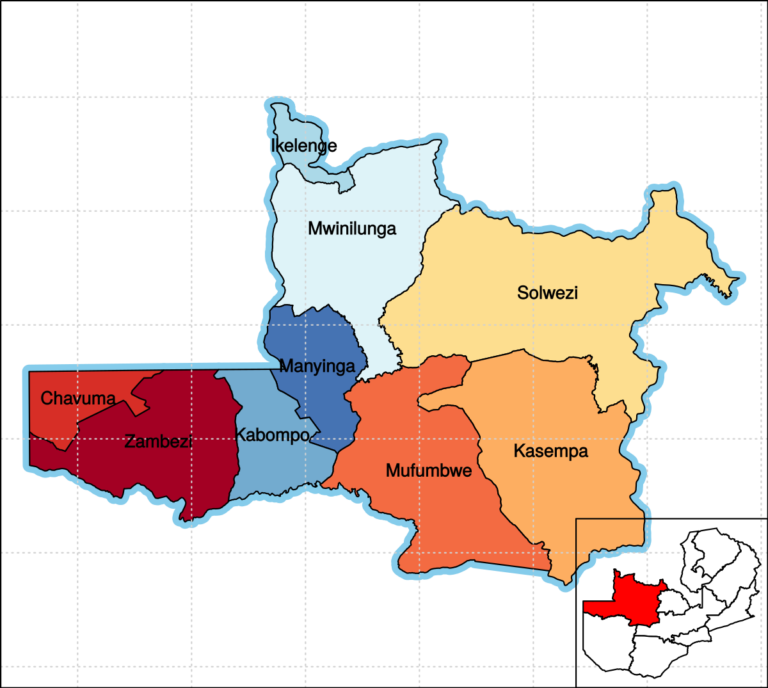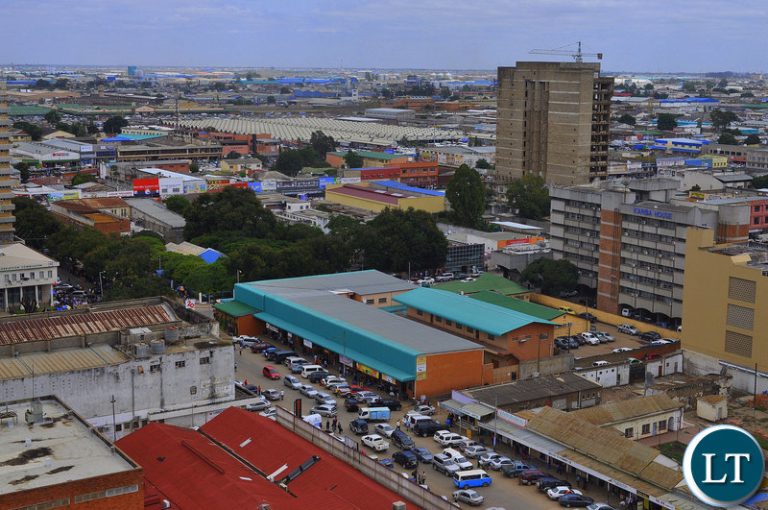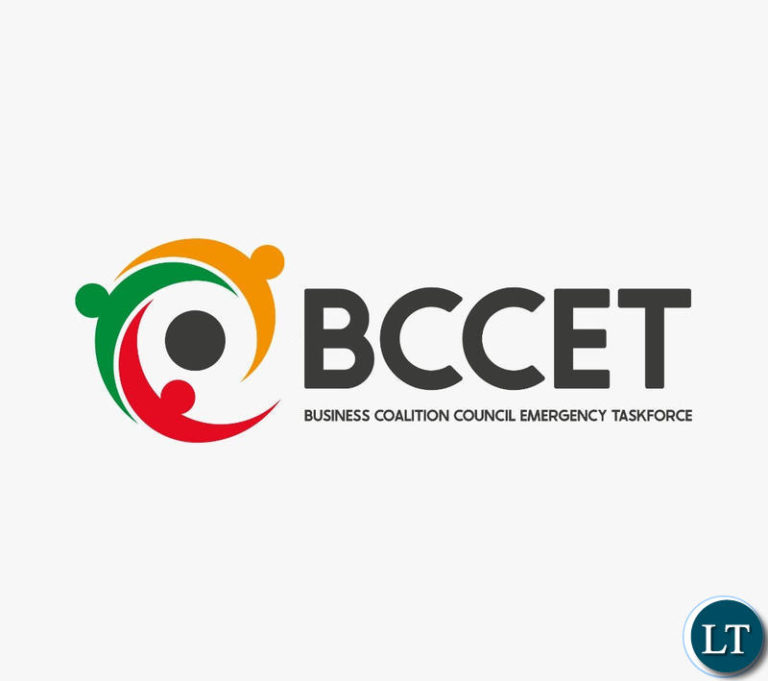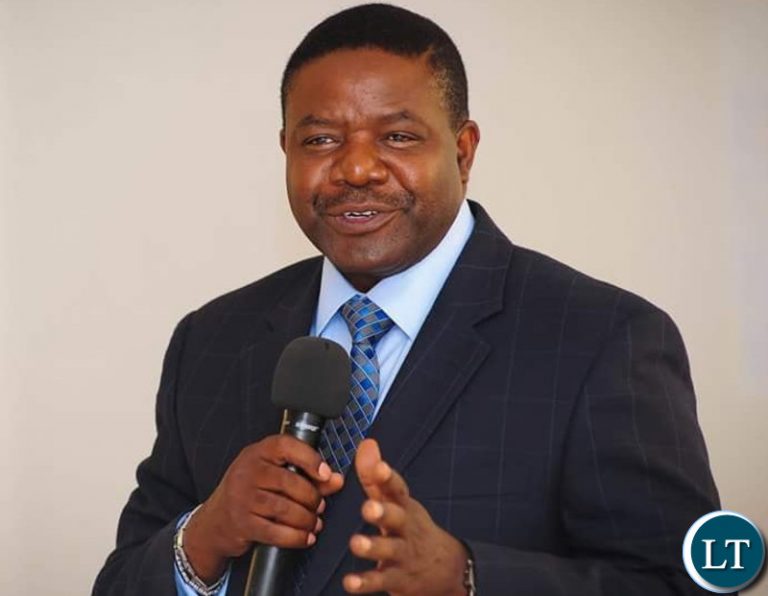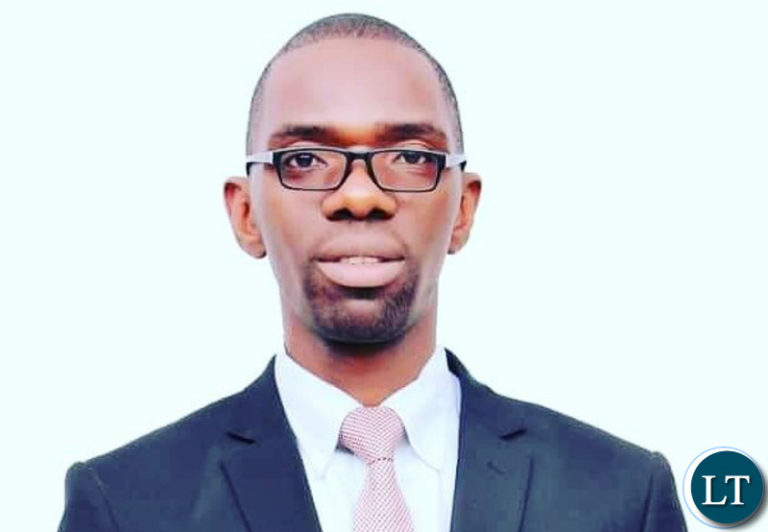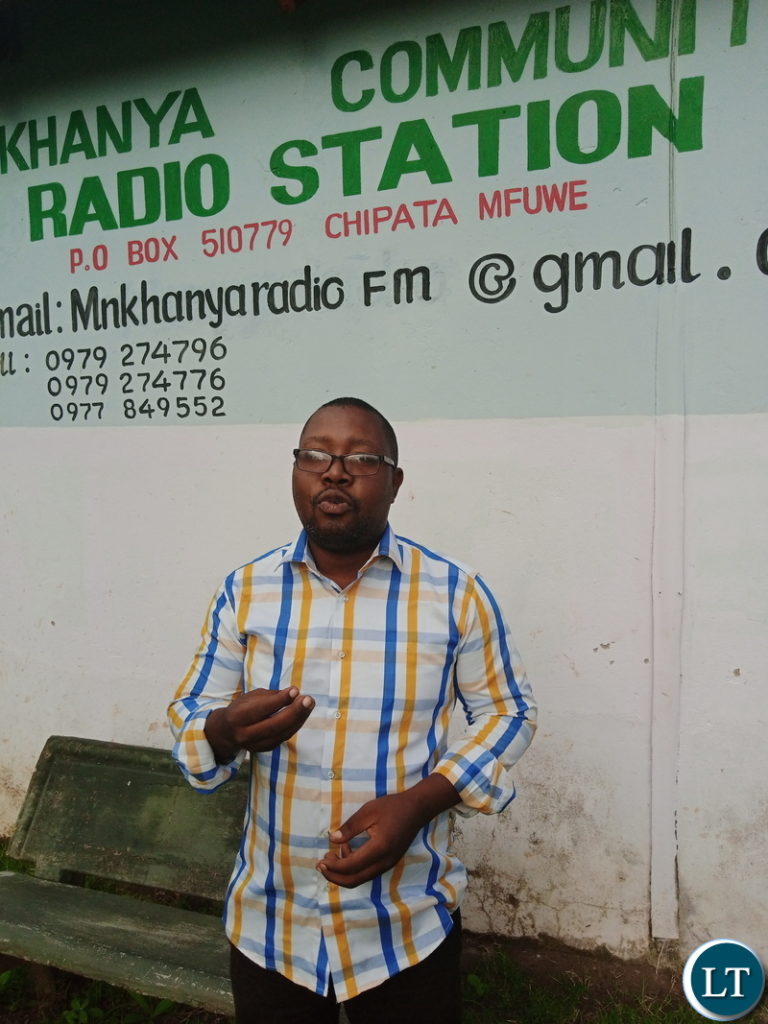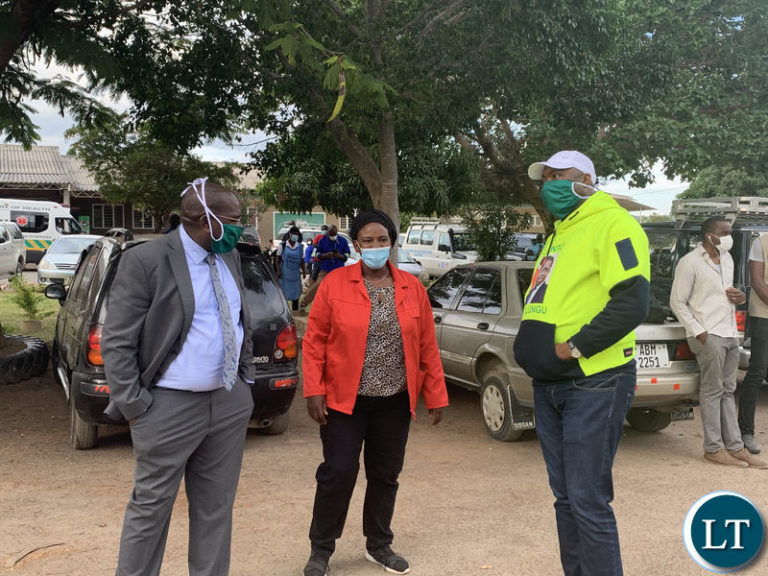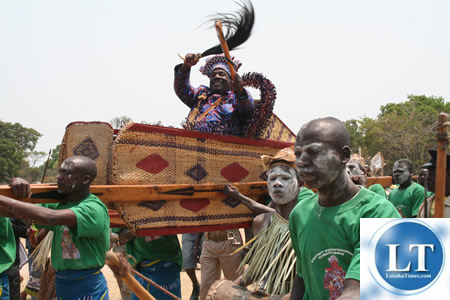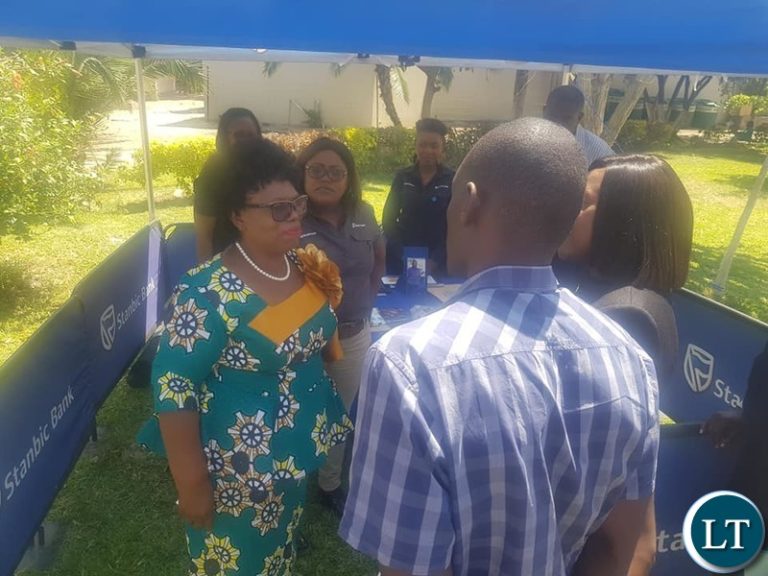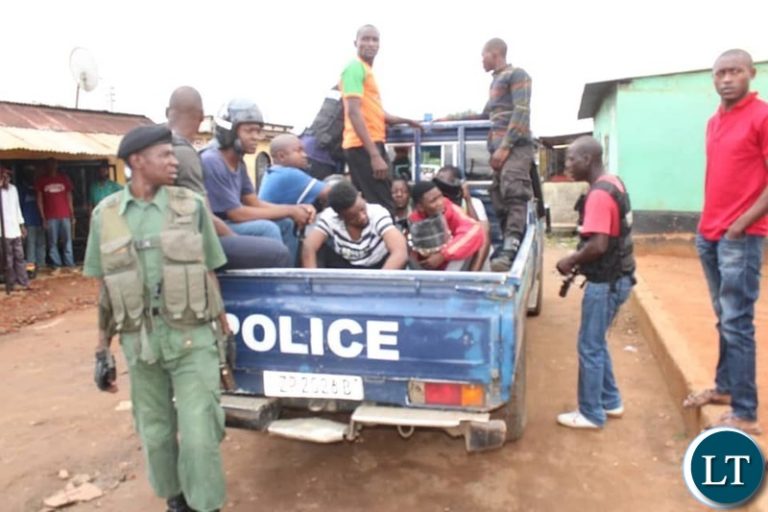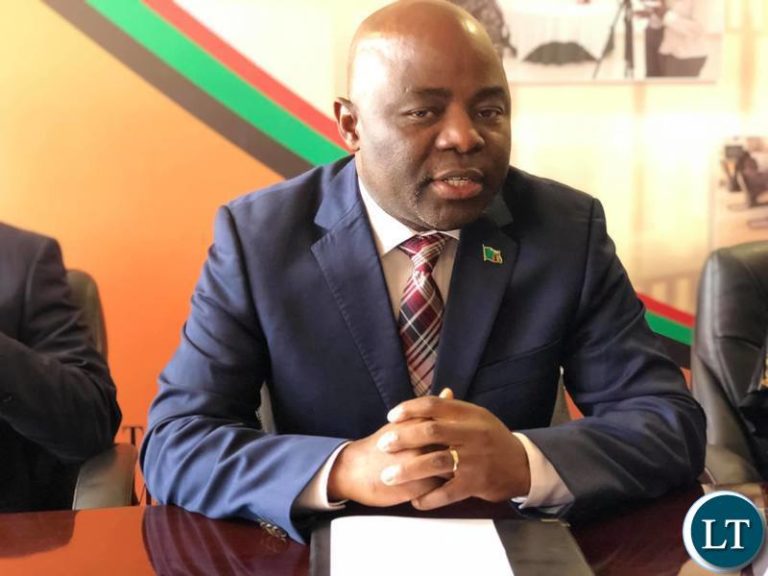Manyinga District Commissioner Queen Manela has dispelled rumours suggesting that there are two confirmed cases of COVID-19 in Kasamba area.
Ms. Manela explained on a local radio station, Manyinga FM, that two people, who had secondary contacts with an infected person, tested negative to COVID-19 but are in self-isolation.
She said the two were just with a person who was in primary contact with one of the COVID-19 deceased persons in Lusaka.
She however stated that local health practitioners are still monitoring the duo, who will remain on self-quarantine until after 14 days elapse in line with the Ministry of Health guidelines.
Meanwhile, health authorities in Manyinga district have applauded the local people and organisations that have come on board to help health institutions in the fight against the spread of the coronavirus in the area.
Speaking when he received a donation of assorted hand sanitizers, hand washing facilities, soap and face masks, Loloma Mission Hospital Director Charles Kalwiji said the items will equip the health institution with some tools for curbing the spread of the pandemic.
The donation, which is worth K10, 000, was made by a local resident and businessman Evans Muhanga.
Mr. Kalwiji said Loloma mission hospital was overwhelmed with the number of people seeking medical attention as it is currently the only big health institution in the district.
Ha said Loloma hospital and ten other health institutions in the district still need prevention materials and equipment to prevent the spread of the disease.
He has since called on other local residents and individuals to supplement government efforts in fighting the pandemic.
And Mr. Muhanga said he was duty bound to support and give back to the community, especially the area he grew up from.
Mr. Muhanga said his donation was also in line with government’s appeal through the Ministry of Health to all Zambians to come together in fighting the disease.
Meanwhile, Chikankata district has acquire infra-red thermometers and health personnel have since started screening people entering and leaving the area.
District Commissioner Trevor Kayanda said the health workers have been stationed at Kafue checkpoint and have started screening in order to prevent the spread of COVID-19 in the district.
Mr. Kayanda added that authorities in the district have also identified two isolation centres at Nansenga and Nadezwe clinics in case of an outbreak of COVID-19 in Chikankata.
He has since encourage the people in the district to continue abiding by the health guidelines that are being given by the Ministry of Health.
And Chikankata District Council Chairperson Conard Ngoma said most bars have closed and shop owners and other business are following the laid down guidelines of conducting business in the district.
Mr. Ngoma said the district is also carrying out sensitization messages and radio programmes to educate the people in the district about COVID-19.
And A total of 595 community health volunteers have been trained in malaria testing and treatment in Kapiri Mposhi district.
The volunteers have been trained in the bid to roll-out the community door-to-door screening and treatment of malaria in the district.
District Malaria Elimination Coordinator, Danny Sinyangwe told ZANIS that the community testing and treatment of malaria is aimed at expanding coverage and access to malaria control interventions to eliminate the disease in the district.
Mr. Sinyangwe said the initiative will also help in the reduction of the high incidence rate of malaria which currently stands at 443 per 1,000 people in the district.
“Kapiri Mposhi is among the most affected districts by malaria in Zambia where we have over 400 out of every 1,000 people suffering from malaria therefore this intervention will greatly assist to reduce the incident rates on the district,” he said.
He attributed the high cases of malaria in the district to people’s bad health seeking behaviour and low uptake of malaria control interventions such as treated mosquito nets (ITN).
“Malaria incidence rates have remained high in because most people are still not seeking malaria testing and treatment at health centers instead they opt to use traditional remedies,” Mr Sinyangwe said.
During the test and treat campaign, the community volunteers will also sensitise the communities on malaria issues.
And the Churches Association of Zambia (CHAZ) has procured 500 bicycles for community health volunteers that will be engaged in the community door-to-door testing and treatment of malaria in Kapiri Mposhi district.
The bicycles are meant to ease movements for the volunteers who will be deployed across the district.


